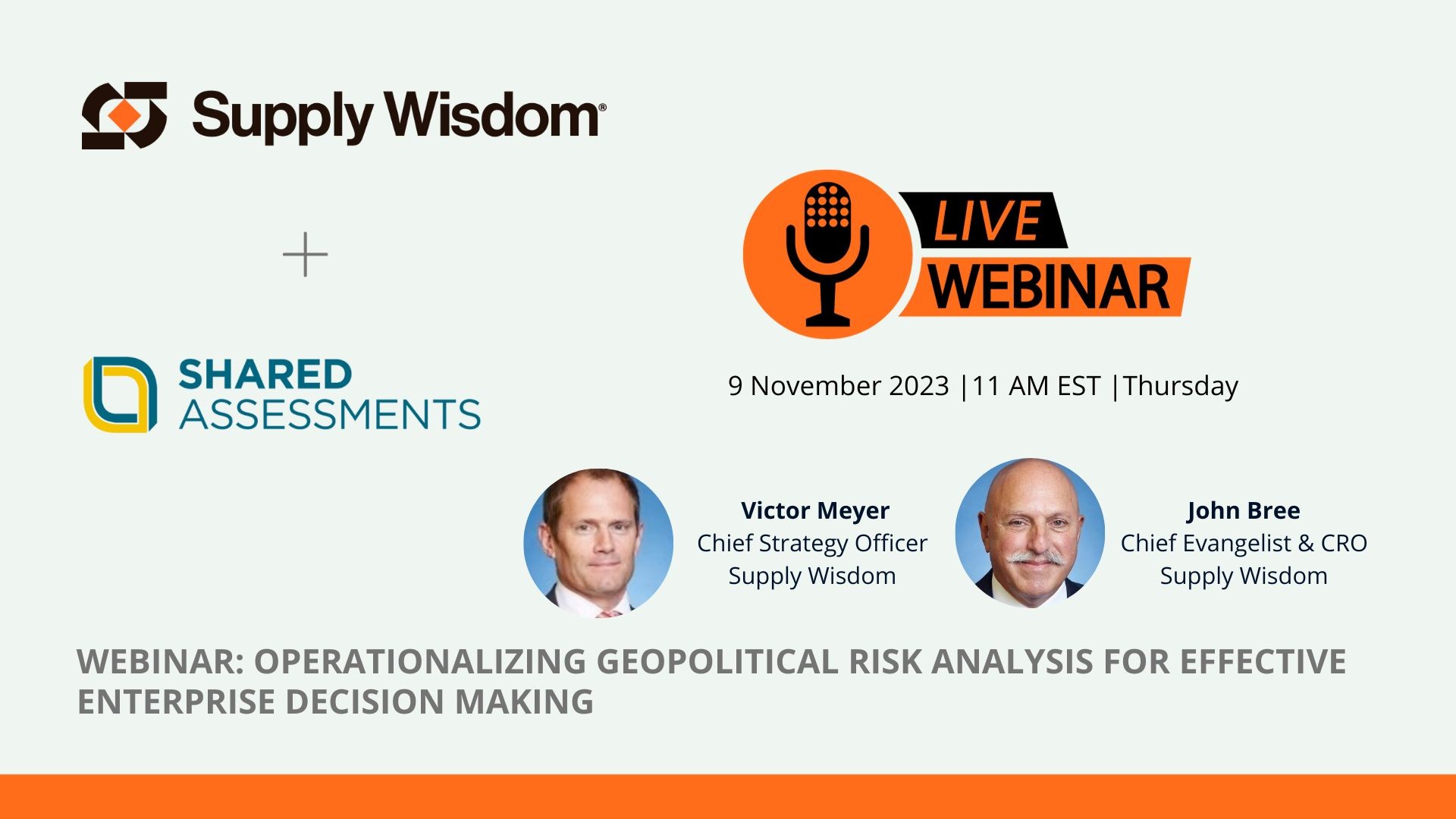Resources
Stay in the know
Stay in the know
Get the latest news & insights straight to your inbox.
Get the latest news & insights straight to your inbox.
News
Case Studies
Events
Webinars/Podcasts
Blogs

Get real-time risk insights.
Grow revenue.
Take action.

Get real-time risk insights.
Grow revenue.
Take action.

Get real-time risk insights.
Grow revenue.
Take action.






















